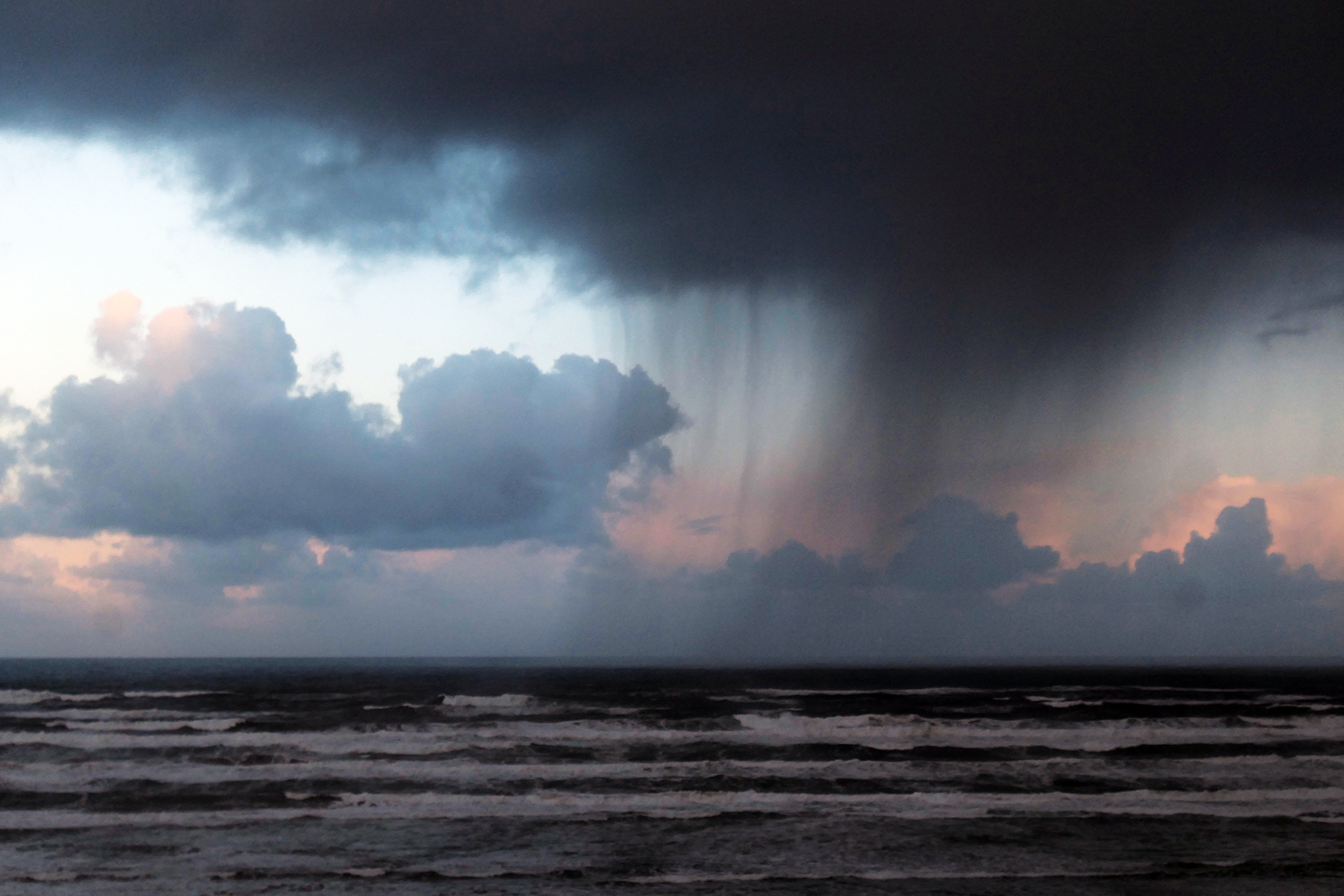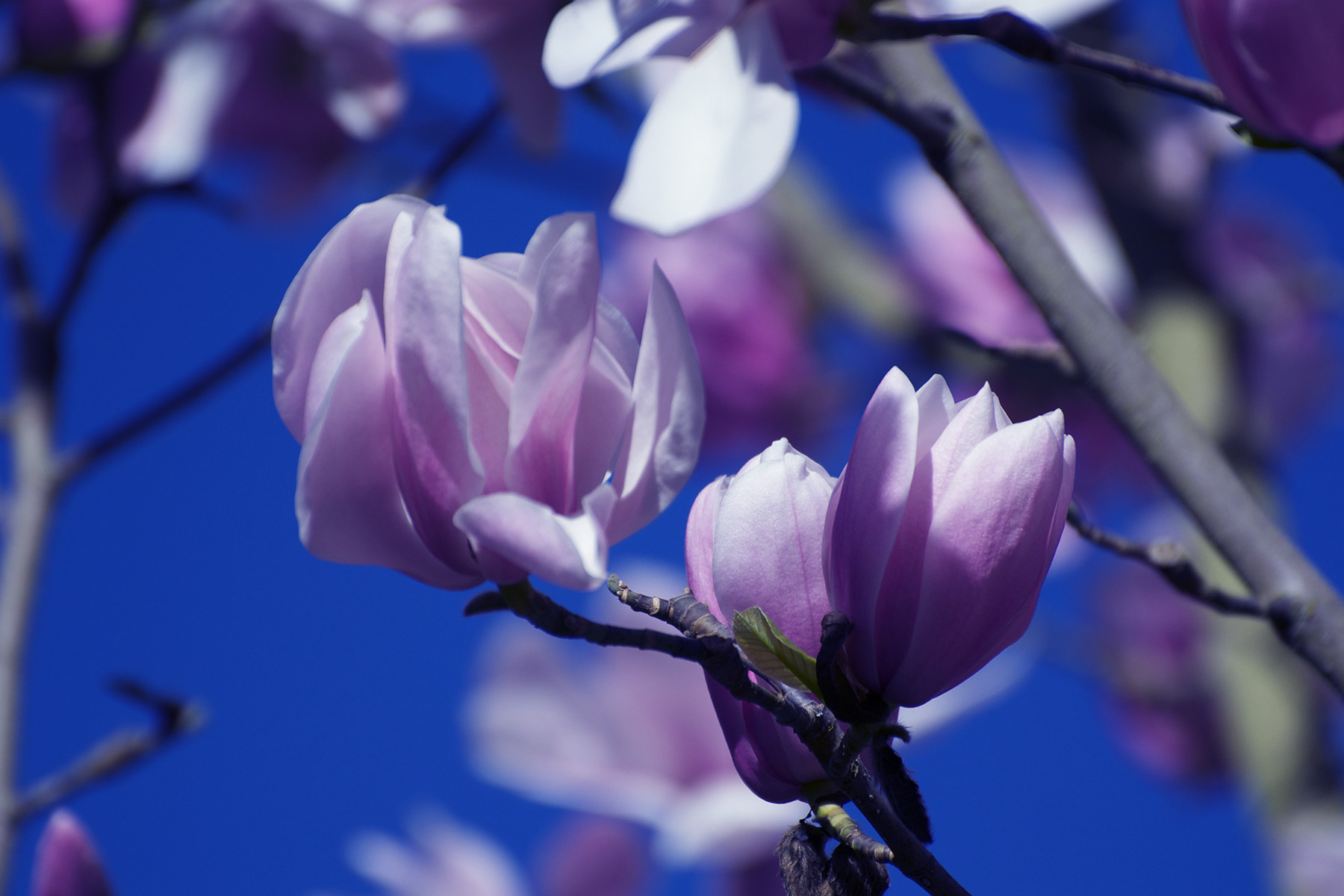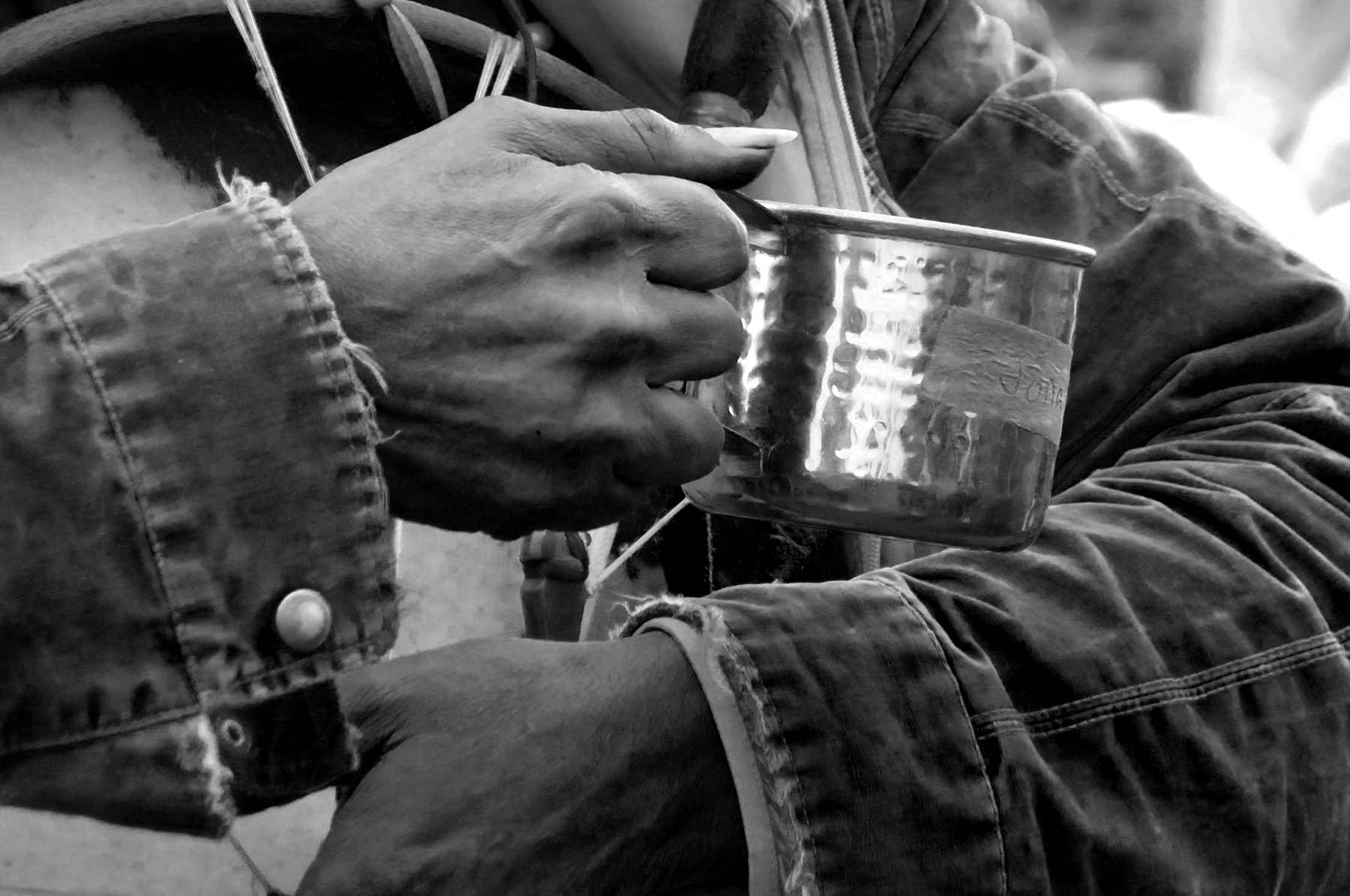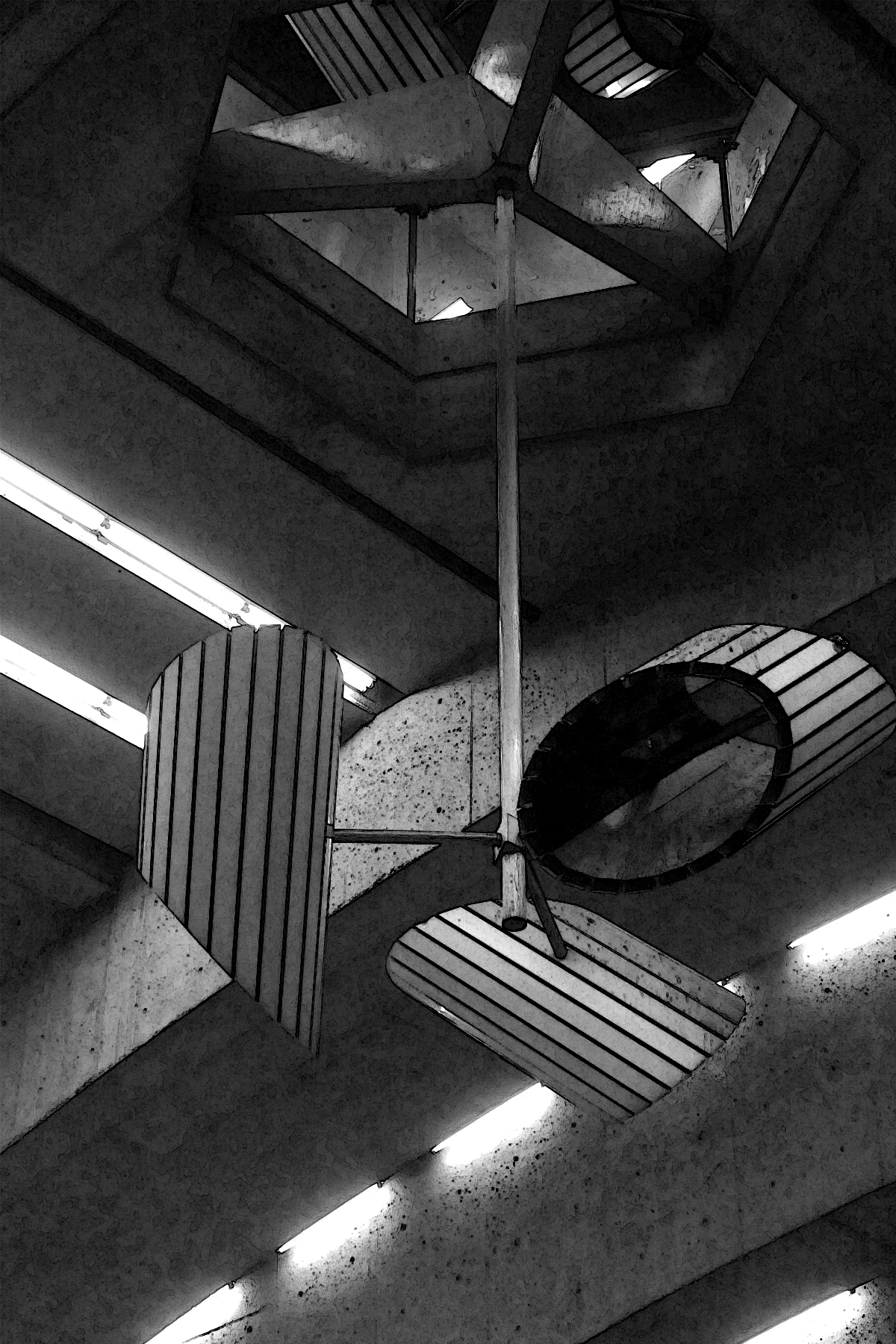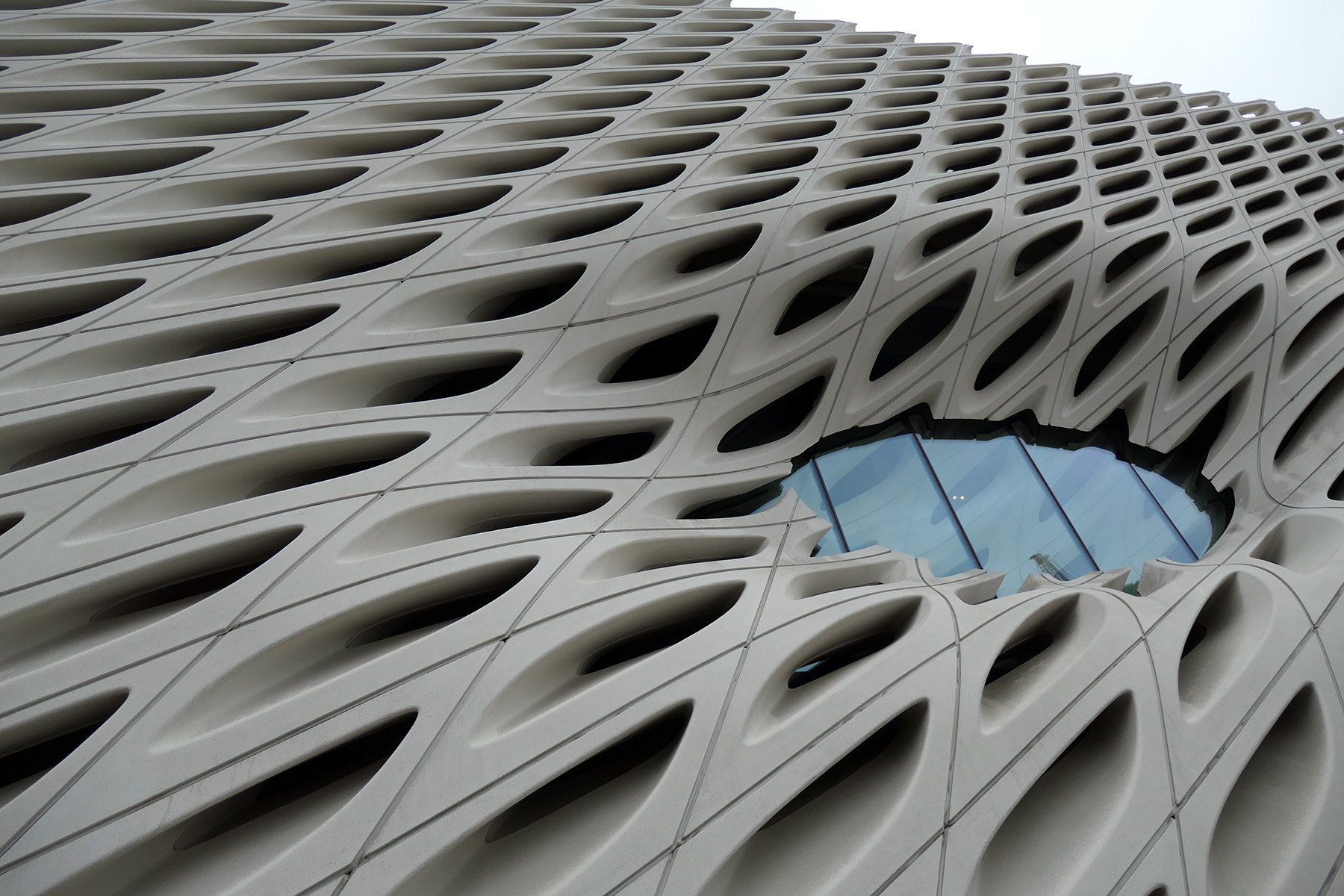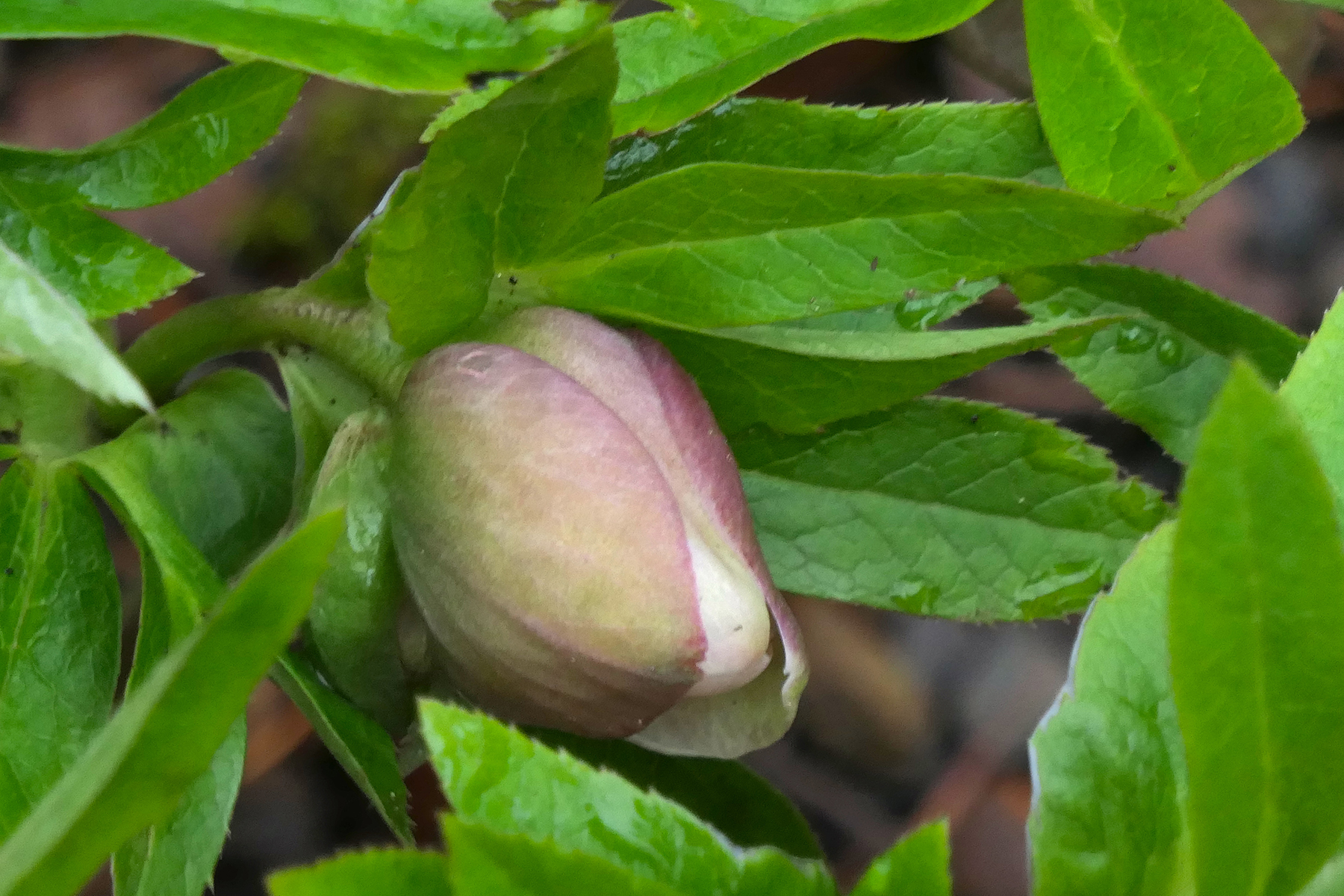Dickinson, she leaves me confounded. Always. And now this poem, that I have been mulling over for some weeks. What to make of the words below, what do they intend to represent? (You can tell I am still thinking about yesterday’s musings about artists and representation….)

By the Sea
Published 1896 (posthumously)
I started Early – Took my Dog –
And visited the Sea –
The Mermaids in the Basement
Came out to look at me –
And Frigates – in the Upper Floor
Extended Hempen Hands –
Presuming Me to be a Mouse –
Aground – opon the Sands –
But no Man moved Me – till the Tide
Went past my simple Shoe –
And past my Apron – and my Belt
And past my Boddice – too –
And made as He would eat me up –
As wholly as a Dew
Opon a Dandelion’s Sleeve –
And then – I started – too –
And He – He followed – close behind –
I felt His Silver Heel
Opon my Ancle – Then My Shoes
Would overflow with Pearl –
Until We met the Solid Town –
No One He seemed to know –
And bowing – with a Mighty look –
At me – The Sea withdrew –

So here is a woman poet, a recluse, who never saw the sea, I am told, writing about her visit. Planning a visit, note, not a walk on the beach, or a look at the water, but an encounter. She left early, thus avoiding being caught by the dark, took the protective dog, sensible precaution if you think this is about a woman out there on her own. She encounters a world just like the one she knows from home, the women at the bottom, the men on top. The mermaids doing what women do so well, looking their sisters over, judging.

The sailors trying to get their hands on you and rope you in – all menacing enough to induce that familiar feeling, being just a little mouse easy to be stepped on in the sand.

A slightly hypnotizing ballad rhythm, interspersed with these long dashes, making you stop and take in what she says.
And then she’s in the water – no man moved her; did she move herself into the waves, slowly going in like so many before her, ready to give up? Or is the ocean approaching, about to drown her, or representing a sexual danger – or enticement – an interpretation frequently offered because of the various items of clothing described in the inevitable rising, items that hint at fetishistic objects? Is the dew drop on a dandelion leaf describing her sense of diminutiveness, fragility, to be devoured by the floods, water returning to water, like dust to dust? Or is it a watery pearl, a metaphor for an altogether different aspect of the female anatomy?

But then she starts to move herself – just like she set out for the visit (remember started in the first line?) she now sets to leave, willing it, with him (the sea took on a personal pronoun) following. Her shoes filled with foam, a precious, pearly gift, or something to weigh her down or a tantalizing allusion to other bodily fluids, she turns her back on the pursuer. He decides to bow out – this time – once she reaches solid ground, anchored in community unfamiliar to his solitary existence.

Death? Desired or inflicted? Sex? Desired or inflicted? A feminist clarion call? I couldn’t care less. The poem whispered something altogether different in my ear in our current situation of unfamiliar danger.
We have a choice.
We can succumb to varying forms and degrees of despair, feeling helpless like little creatures easily crushed. We can give up and step into the devouring vastness of fear, letting it drown us. We can permit the lead of fomenting depression weigh down our shoes. We can allow panic to rise practically to our throats and choke us.
Or we can turn our backs to all that, willing it. There is no guarantee of safety – the sea – be it our fears, sadness or the pathogen itself – might not be willing to bow out the next time. But here and now, we can start to step back from it, both literally and metaphorically, and turn our eyes to the solid town, the community of friends, neighbors and strangers, who can act in solidarity (albeit in physical distance) to get us all through this, if not make us safer. We can focus on increasing support for those in need instead of catastrophizing. We can organize or be part of a movement that will carry the lessons we learn during crisis into a reshaping of our society for the better in the long run.
I know those words are more easily written than enacted. I have days where I barely make it out of bed. But we can alternate – on days where I am low, you can lift me up, and I’ll do the same on other days for you.
We can refuse to be a mouse!

So what happened to the dog – so prominently mentioned in the very first line and disappeared ever since as if protection was but an illusion?
Why, modeling social distancing, of course!

Here is Copland’s music for some of Emily Dickinson’s poems. Hang in there, folks!
